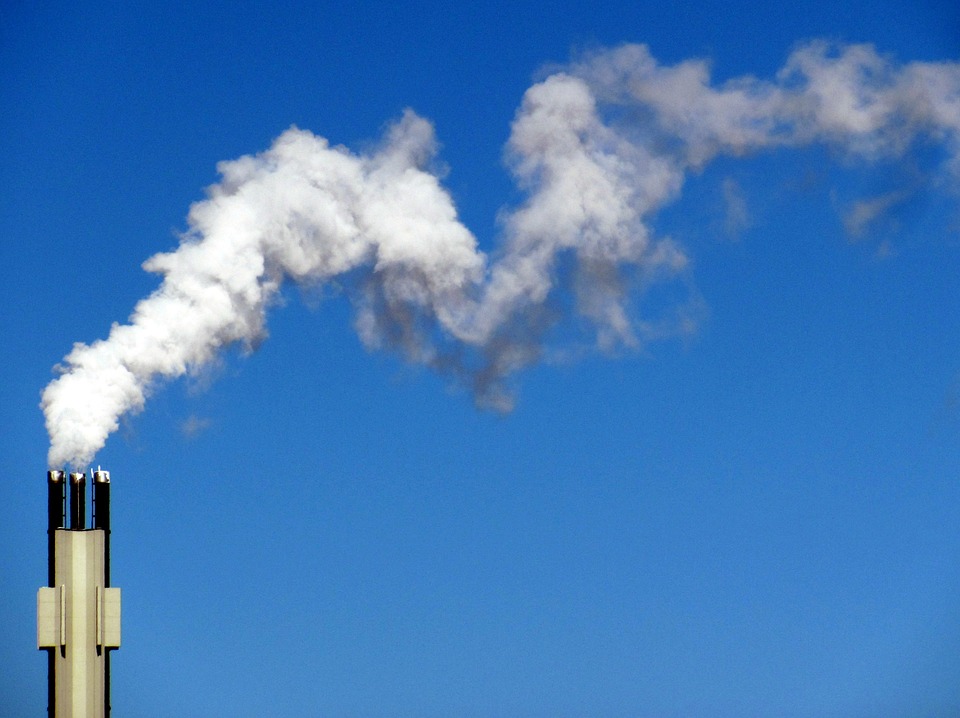News release
From:
Expert Reaction
These comments have been collated by the Science Media Centre to provide a variety of expert perspectives on this issue. Feel free to use these quotes in your stories. Views expressed are the personal opinions of the experts named. They do not represent the views of the SMC or any other organisation unless specifically stated.
Ian Lowe is Emeritus professor of science, technology and society at Griffith University, Qld and former President of the Australian Conservation Foundation.
The data released today shows once again that our greenhouse gas emissions are still increasing and there is no coherent policy framework to meet our international obligations.
Government policies of encouraging rapid population growth, failing to invest in public transport and continuing the massive subsidies of road freight see transport emissions continuing to increase. While electricity emissions have not increased despite government inaction, the refusal to adopt a clean energy target means there is no realistic chance of achieving the needed cost-effective reductions from wind and solar energy.
The Commonwealth document suggests that emissions from land clearing have almost ceased, but the obstruction of minor parties in the Queensland parliament has seen an orgy of broad-scale destruction of native vegetation in that state. The inclusion in the statement of credit for meeting our uniquely generous Kyoto target effectively amounts to rewriting the books to put a better light on our inadequate national performance.
Professor David Ellsworth is at the Hawkesbury Institute for the Environment at Western Sydney University
The end of the year is always a good time to take stock and see what the future may bring. Having our nation on track to overachieve its CO2 emissions targets for the future, with even more savings of emissions than were projected at this time last year, would normally be cause for celebration.
However, estimates naturally get better as one gets closer to the target date, and 2020 is not that far away anymore.
What is not recognised by the latest government reports is that our forest losses are high1, our reef has experienced the ravages of a warming ocean, and our voluntary emissions targets to minimising damaging levels of a warming climate are near the bottom basement of OECD countries2. Other nations can manage to reduce emissions whilst maintaining growing economies, and have less population-intense emissions than we do as well.
So, our voluntary policies position us to be ahead of an unambitious 2030 CO2 emissions target. But, to realistically meet our global target to limit temperature increase to well below 2 degrees Celsius, we should still look in the years ahead to improving our CO2 emissions from land-use practices, and improve the modelling3 on which the projections are based.
---
1. ABC Fact check (2017-12-01): Is Queensland clearing land as fast as Brazil?
2. ABC Fact check (2015-12-01): How do Australia's carbon emissions targets compare?
3. Ellsworth and others 2017. Elevated CO2 does not increase eucalypt forest productivity on a low-phosphorus soil. Nature Climate Change 7, 279-282



 Australia; NSW; QLD
Australia; NSW; QLD


